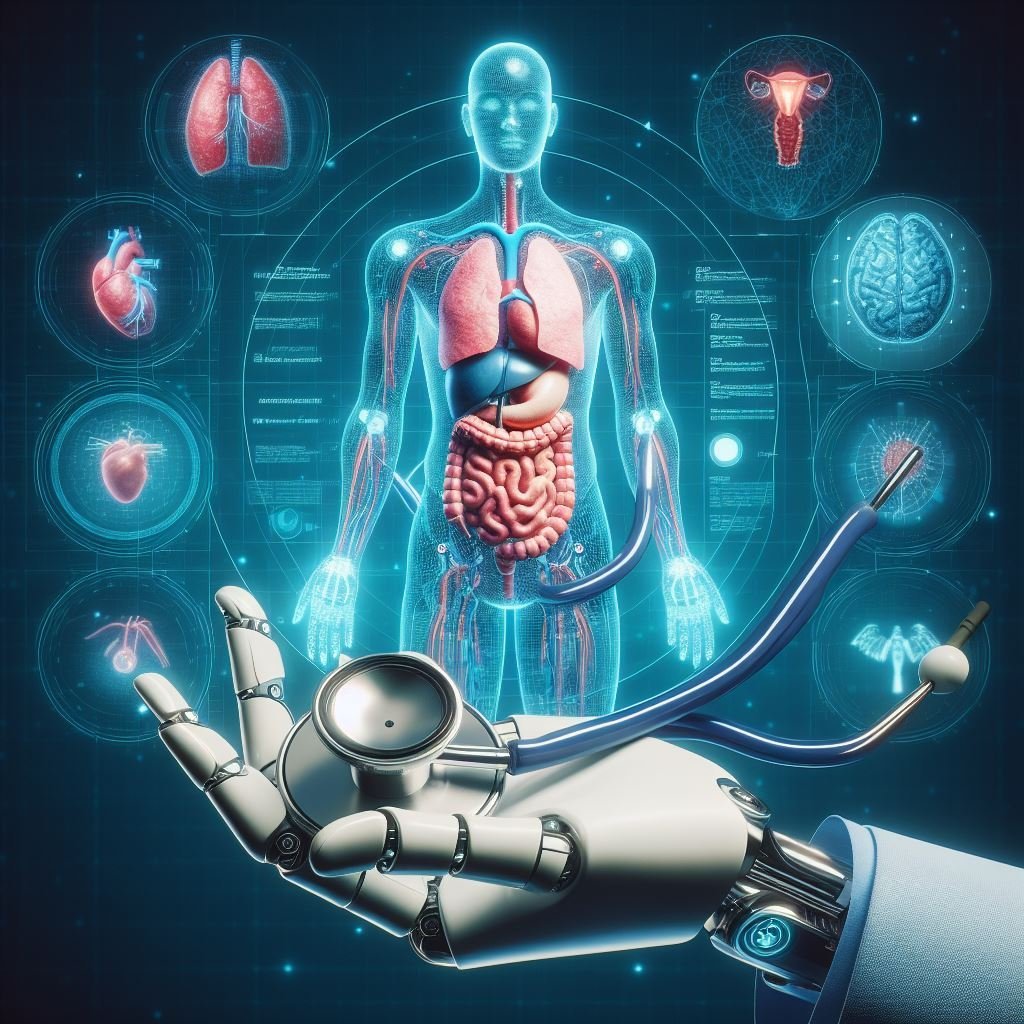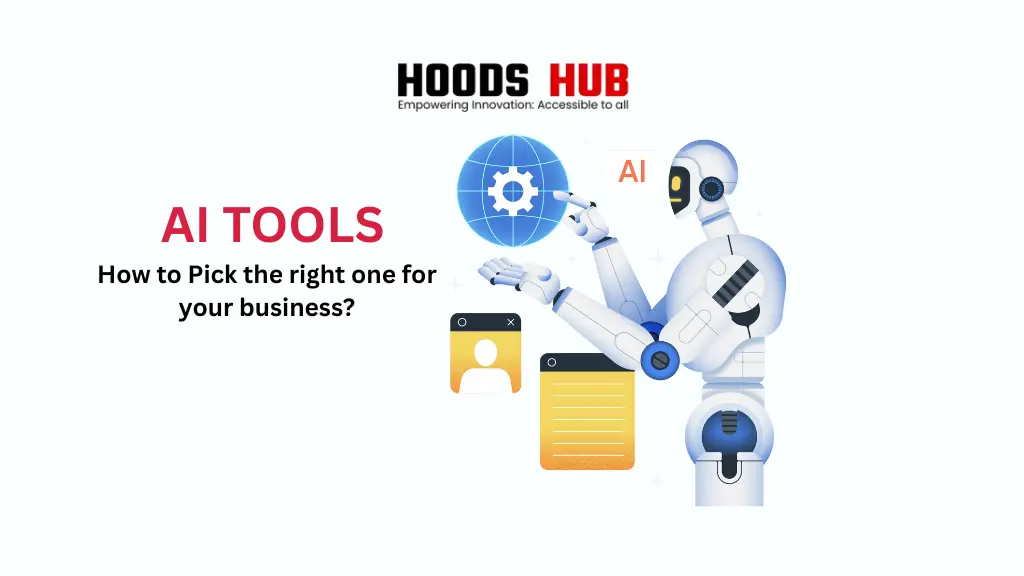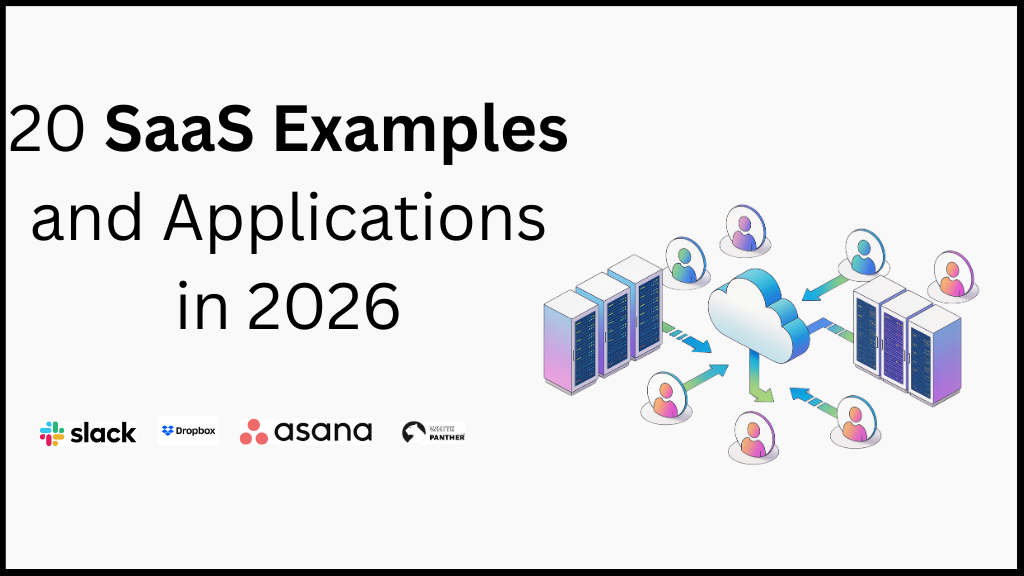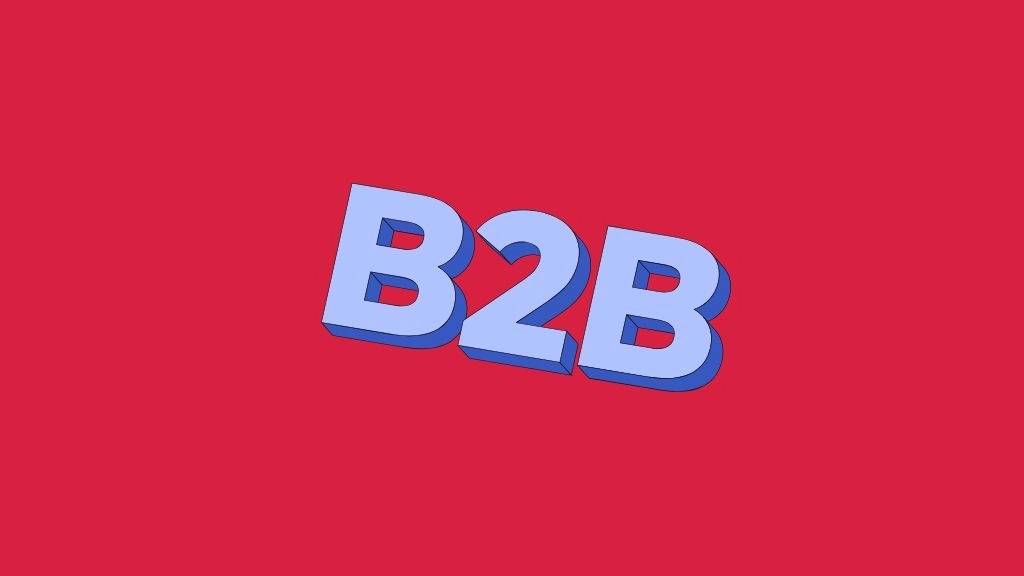The healthcare industry stands on the brink of a revolution, spearheaded by artificial intelligence (AI). This transformative technology is reshaping healthcare, offering unprecedented opportunities to enhance patient care, streamline operations, and unlock insights from medical data that were previously inaccessible. AI’s influence spans various aspects of healthcare, from diagnostic procedures and treatment personalization to administrative efficiency and beyond. In this blog, we delve into the transformative power of AI in healthcare, exploring its current applications and envisioning its future potential.
Table of Contents
ToggleRevolutionizing Diagnosis and Treatment
One of the most significant impacts of AI in healthcare is its ability to revolutionize diagnosis and treatment processes. Machine learning algorithms can analyze vast datasets, identifying patterns and anomalies that might escape human notice. For instance, AI systems can scrutinize medical imaging faster and often more accurately than human counterparts, diagnosing diseases such as cancer at early stages when they are more treatable. Beyond diagnostics, AI is also personalizing treatment. By analyzing data from various sources, including genetic information, AI can predict how different patients will respond to treatments, allowing for more tailored and effective care plans.
Enhancing Patient Engagement and Monitoring
AI technologies are transforming patient engagement and monitoring, making healthcare more proactive and personalized. Wearable devices and smartphone apps collect health data in real-time, enabling AI algorithms to analyze this information and provide personalized feedback, health alerts, and lifestyle recommendations. This continuous monitoring outside the clinical setting allows for earlier intervention in case of concerning health developments, potentially preventing hospital readmissions and improving overall health outcomes.

Streamlining Administrative Tasks
A less visible but equally important aspect of AI’s impact on healthcare is its ability to streamline administrative tasks. Healthcare systems are burdened with an overwhelming amount of paperwork and administrative duties, from patient scheduling to billing and compliance reporting. AI can automate many of these tasks, reducing errors, saving time, and cutting costs. Natural language processing (NLP) technologies, a subset of AI, are particularly adept at processing and understanding human language, enabling them to handle tasks like transcribing medical notes or processing insurance claims efficiently.
Predictive Analytics in Public Health
AI’s ability to analyze large datasets is proving invaluable in public health, especially for predictive analytics. By examining trends and patterns in health data, AI models can predict disease outbreaks, identify high-risk populations, and inform public health policies. During the COVID-19 pandemic, for example, AI was used to track the spread of the virus, predict hotspots, and model the impact of various intervention strategies, informing government responses.
The Road Ahead: Opportunities and Challenges
As AI continues to evolve, the potential for further transforming healthcare is immense. Future developments could lead to more sophisticated AI models capable of uncovering deeper insights into complex diseases, leading to breakthroughs in treatments and even cures. However, the integration of AI into healthcare is not without challenges. Concerns regarding data privacy, ethical considerations in patient care, and the need for robust, unbiased AI models are paramount. Ensuring the equitable distribution of AI benefits across diverse populations also remains a critical challenge.
Conclusion
The transformative power of AI in healthcare is undeniable. From enhancing diagnostic accuracy and personalizing treatments to streamlining administrative tasks and improving public health analytics, AI is reshaping the healthcare landscape. As we navigate the challenges and embrace the opportunities presented by AI, the potential for improving patient outcomes and making healthcare more efficient and accessible is limitless. The journey of integrating AI into healthcare is just beginning, and its full impact remains to be seen, promising a future where healthcare is more responsive, personalized, and effective than ever before.
Check out our other blog posts.
Share this article to help them learn more!







